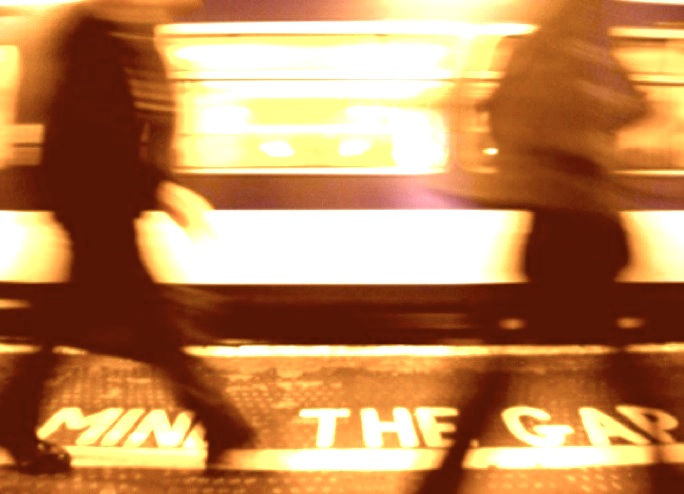So, I must say that hearing this on the radio made me feel pretty fly, so check it out and help inflate my ego!
Also, I apologize for all the pledge-fund pushing in this episode, but don't fast forward! And, you know, if the mood strikes, you can give us money :-)
KPFK Fund Drive Day 4
Posted using ShareThis
I had to pick out clips from among much archival footage from and about the Depression era. They were all really fascinating. There was a piano-playing debutante who, after losing a million dollars in the stock market crash, pleaded for good souls to buy the only thing she had left--her 25,000 dollar mink coat. There were news clips from Chicago, where hundreds of couples participated in "Dance Marathons" where they would literally dance for months on end. The dancers were allowed to take 5, and sometimes 10, minute long naps. The attendants would take off their shoes and massage their tired feet as they collapsed into their cots. After the buzzer rang signaling the end of their time the dancers would be dragged from their beds and shaken awake. They circled the dance floor like zombies as hundreds of onlookers looked on. Here's a clip I love:
Dance marathons represent what the Great Depression was ultimately about: something very good going very wrong--the rebellious, youthful dance crazes of the Jazz Age morphed into something much more sinister. As Betty asks, "Well, do you think we can stick it out, Frankie?" she's not asking questioning whether she and her partner can keep their toes from dislocating or keep from collapsing of fatigue longer than their fellows. She's asking when it will be over--all of it.
One thread that ran through much of the footage was especially surprising. Many of them--archival television footage, documentaries, films, commentaries from ordinary people--supported a combination of rugged independence from government while promoting and sometimes practicing a public socialism. This seemed like a dichotomy to me at first, but now it doesn't seem too different from what many tea-partiers are pleading for today; the desire to govern themselves as communities. Of course, the world is different today--I doubt that many hardline republicans would like to live on communal farms, and their predecessors did not place as much faith in the free market or its currency as do their contemporaries.
Wednesday, February 10, 2010
Subscribe to:
Post Comments (Atom)




No comments:
Post a Comment